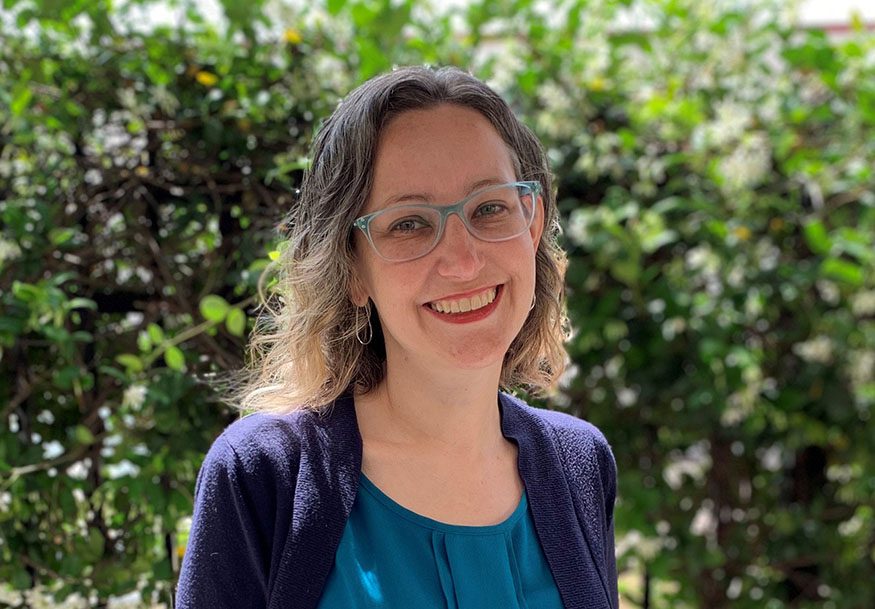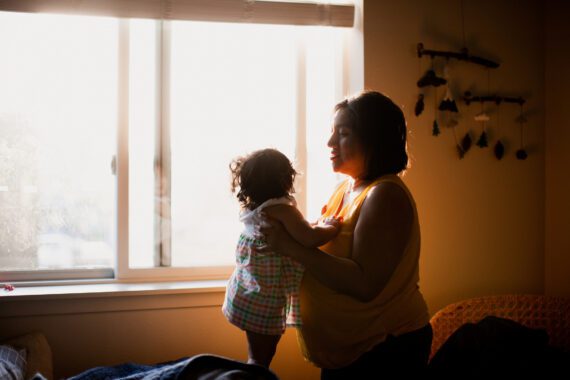By Rev. Beth Bostrom
The yearly cycle of Holy Week reminds me of the deep rhythms of our own lives. As we move solemnly from Palm Sunday to Maundy Thursday to Good Friday and into a silent Saturday, we recall our own times of celebration, righteous anger, community, desperate prayer, exhaustion, betrayal, death and grief, and so much waiting.
The empty tomb of Easter morning comes to us much as it did to the women who were ready to serve in the midst of their grief—as a bewildering hope we cannot fully understand. Easter reminds us not just of God’s power to transform individual lives, but also God’s power to transform our world.
As we greet Easter this year, we are desperately hoping for new life to emerge. This has been a rough 15 months. Our entire worldview has adapted, our interactions with others have been drastically affected, and most of us know someone personally affected by Covid-19.
We collectively hold the weight of deep grief for all we have lost. An unimaginable number of people beloved to us and to God have been lost to this virus. Many, many more people are suffering the effects of the shutdowns, shortages, and unemployment. Hunger has skyrocketed in the United States and globally. At the nonprofit where I serve, we saw triple the usual requests for food and financial assistance in 2020. Many of the people seeking assistance told stories of the food pantries where they usually volunteer. We have had to let go of more than we can name.
We hold the weight of these losses in one hand, even as we reach toward the possibilities with the other. Our hearts are torn. And we see the beauty of connection and community, new life and possibility. Lament and hope sit side by side. This is a powerful Easter moment.
Vaccinations against the Covid-19 virus have increased dramatically in some countries, yet many developing nations are still waiting for vaccines to arrive. In recent months, we have seen increased support for people who are struggling in the United States. The American Rescue Plan Act extended unemployment benefits, domestic food aid through P-EBT and WIC, housing assistance, and tax credits to alleviate financial burdens for families. Congress has begun considering Childhood Nutrition Reauthorization, as well as potential increases to global nutrition support.
We live in the hope of possibility. Together, it is possible to alleviate the suffering that has increased during the pandemic. We still have the ability to end hunger globally by 2030. God is calling us to consider again what it means to be faithful, to be loving neighbors, to act justly and love mercy.
As we move into this Easter season, may we look continually for the hope. May we name the possibilities, even as we seek to serve amid our grief. May we call our leaders to see and seek those possibilities, to serve their people, and to stand in solidarity with their neighbors who hunger and thirst for righteousness.
Rev. Beth Bostrom is an ordained minister in the United Methodist Church. She is the director of spiritual formation at Metropolitan Ministries in Tampa, Florida.



